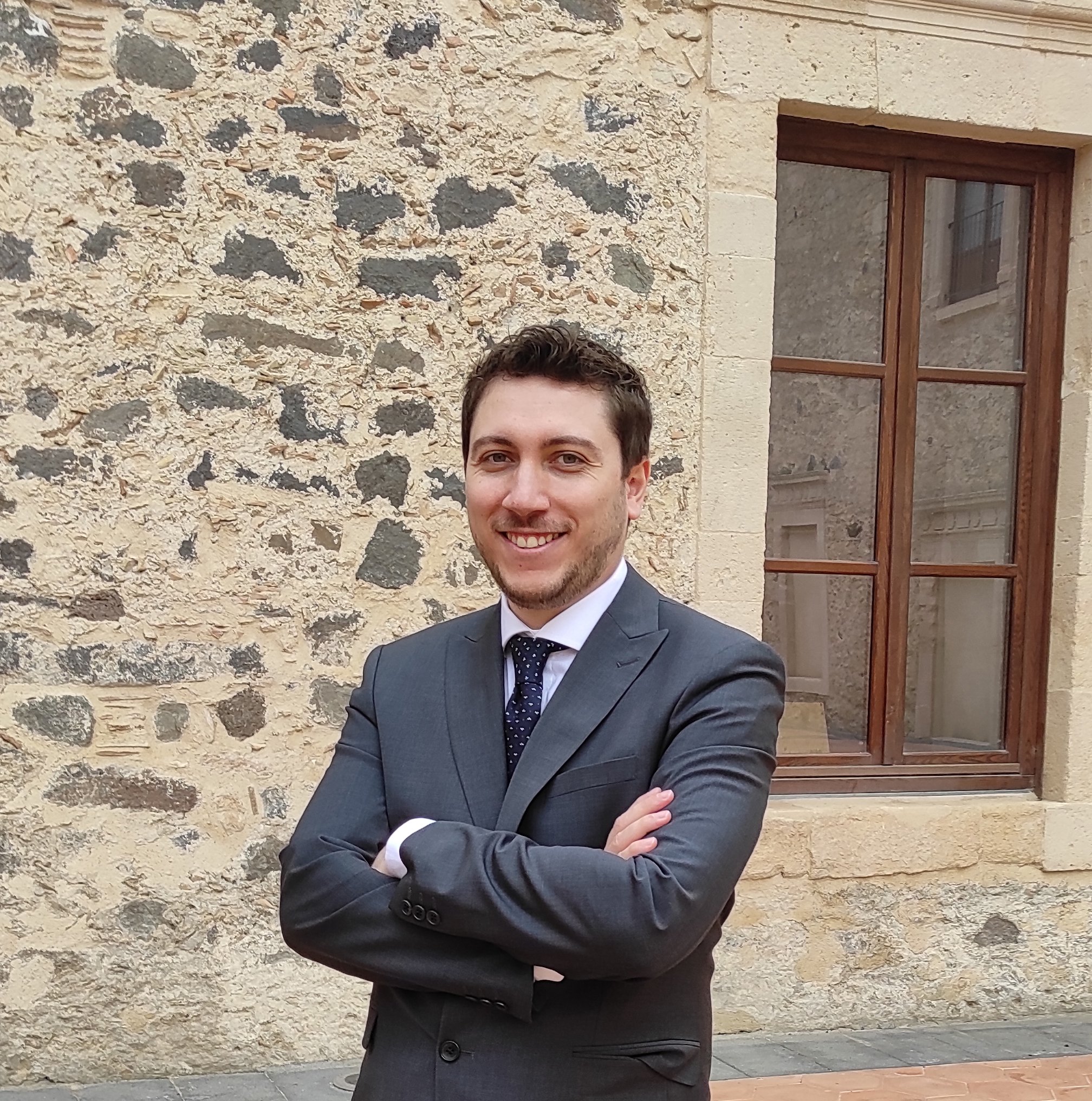15th ERCOFTAC Da Vinci Competition 2020 - Interview with Da Vinci Finalists

Giovanni Iacbello - finalist
of 15th Da Vinci Competition 2020
Giovanni Iacobello
(University of Surrey, Turbulence, Centre for Aerodynamics and Environmental Flow, School of Mechanical Engineering Sciences, Institute for Sustainability)
- What is the topic of your Ph.D. thesis?
"Spatio-temporal analysis of wall-bounded turbulence: A multidisciplinary perspective via complex networks"
My PhD focused on the data-driven modelling of turbulent flows under the supervision of Prof. Stefania Scarsoglio, specifically by building bridges between complex network science and wall-bounded turbulence. I showcased the potential benefit and impact of network-based modelling of wall turbulence, under three main perspectives: time series analysis, spatio-temporal fields (typical of numerical simulations), and Lagrangian dispersion.
- What are you currently working on?
Building upon my PhD work, I have continued working on the data-driven modelling and data assimilation of turbulent flows. While I still pursue fundamental research in wall-bounded turbulence, I have recently extended my research portfolio by including atmospheric (turbulent) flows – including air quality – and unsteady aerodynamics. Particularly, I have been developing network-based methodologies for signal reconstruction and estimation under challenging conditions (e.g., sparsity and/or noise).
- What motivates you in your work?
Fluid mechanics is an immensely fascinating topic with huge implications so, for a curious person like me, the complexity of fluid behaviour really stimulates me in untangling their mysteries (I guess this is a common feeling among fluid mechanics researchers). Likewise, I have found a particular interest in complex systems, specifically complex network modelling. I am particularly motivated by the idea of carrying out multidisciplinary research, as I do believe future research (especially in fluid mechanics) would significantly benefit from such cross-pollination. Last but not least, I had the privilege of working with extraordinary colleagues and mentors, who have opened my eyes to the importance and joy of scientific research. Working in collaboration with others, as well as enjoying the exchange of ideas through conferences, is definitely a motivating aspect of this job.
- What did the Da Vinci competition mean to you?
I was honoured and enthusiastic to hear I was selected as one of the finalists of the ERCOFTAC da Vinci competition, as it is one of the most prestigious PhD award competitions and the level of the participants is outstanding. Being part of the finalists panel surely made me – and my supervisors – proud of the hard work carried out during my PhD.
- How has your professional life evolved since the da Vinci competition and where do you see yourself in five years?
After the da Vinci competition, I spent about two years as a Postdoctoral researcher before getting a new position as a Lecturer (Assistant Professor) at the University of Surrey (UK). In five years, I aim to build my research group as an early-career researcher to tackle current issues involving turbulent flows (e.g., in terms of sustainable environment) via multidisciplinary approaches.
- What advice would you give to new PhD students starting in fluid mechanics?
Fluid mechanics is a sort of metaphor for life: strong nonlinearities, hard to forecast, and chaotic but rich of opportunities for enjoyment. So, my advice is threefold: enjoy the journey regardless of the obstacles, let your curiosity and perseverance drive the journey, and be open to collaborative efforts as networking is crucial.
Date: ERCOFTAC Da Vinci Competition Final 2020/2021: 22nd April 2021
Hosted by Pilot Centre United Kingdom: ERCOFTAC Spring Festival 2021 as an online Zoom meeting
